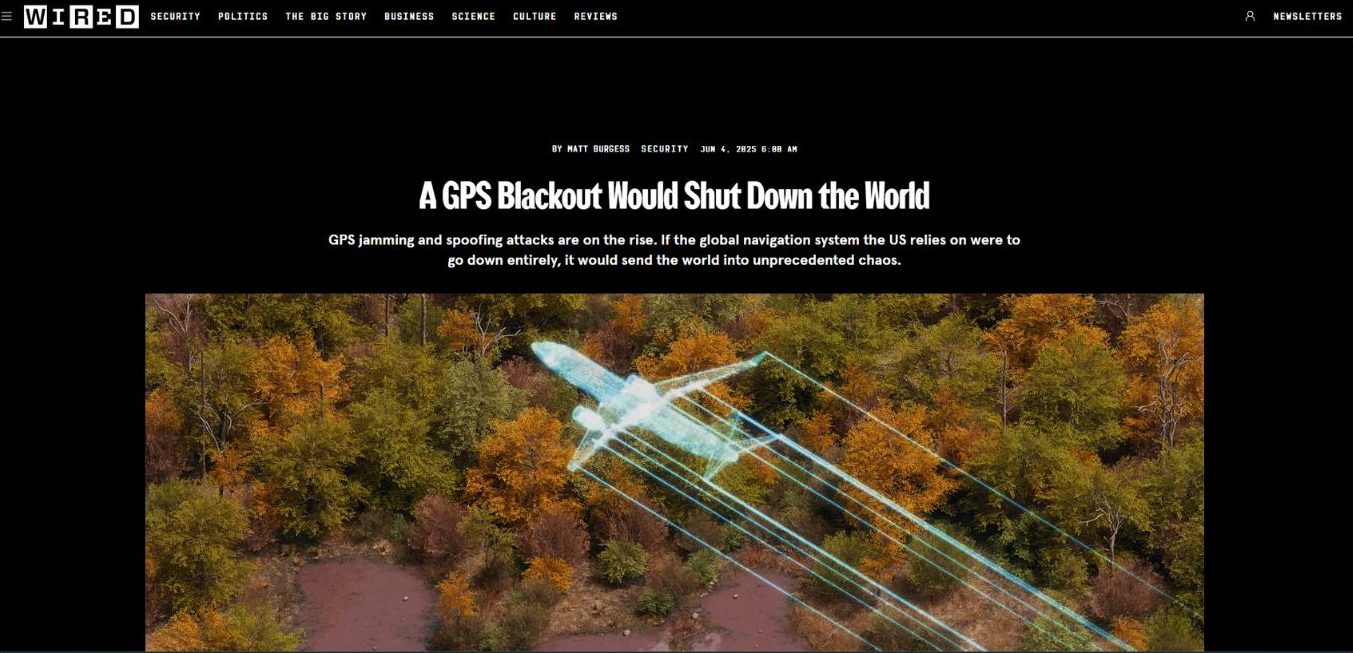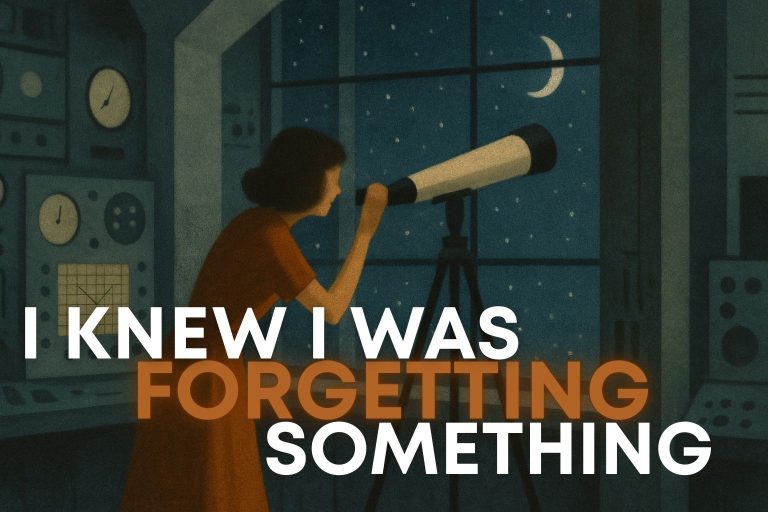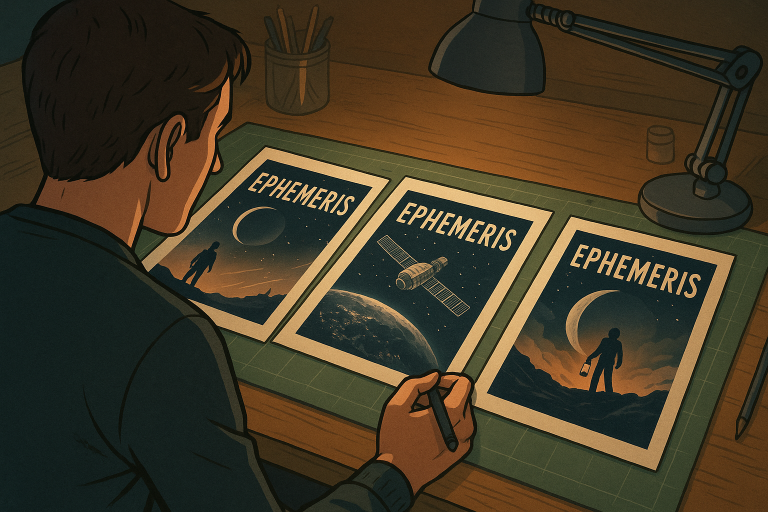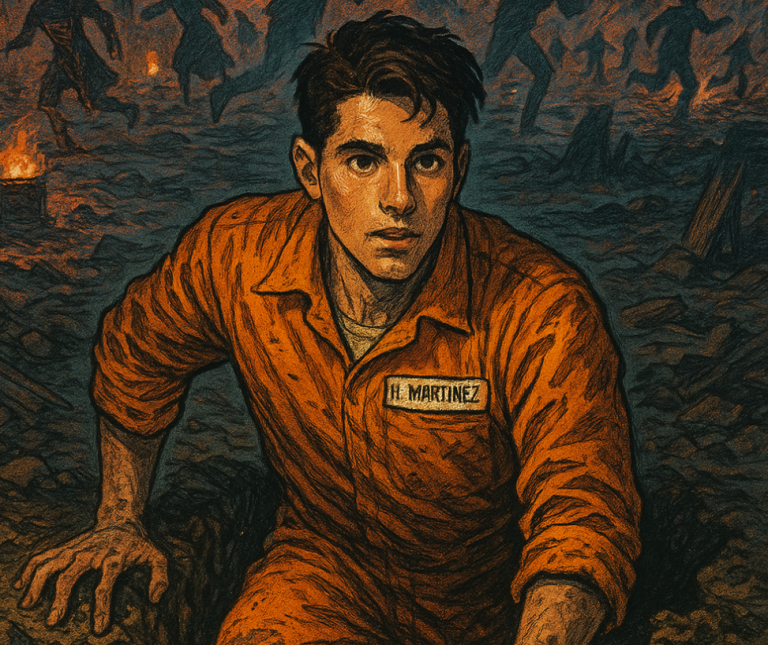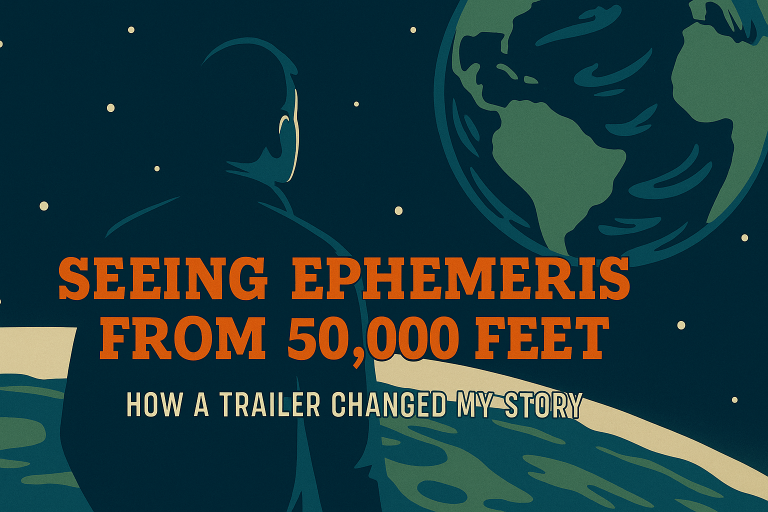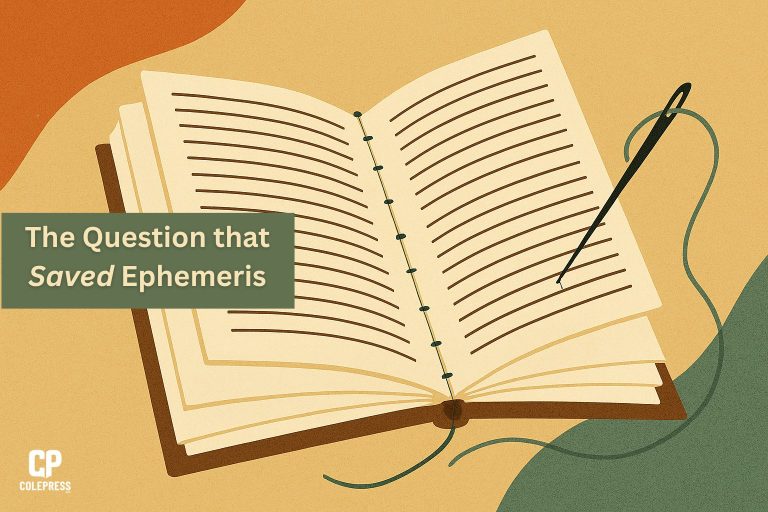Every writer has a story about the moment their first book took hold: that second when an idea stops being “interesting” and starts refusing to leave you alone. For me, that moment came from an unassuming place: a factual, even-toned Wired article called “A GPS Blackout Would Shut Down the World” by Matt Burgess.
I didn’t expect it to rattle me. I read a lot of tech and science pieces, and most of them fade into the background noise after a minute or two. This one didn’t. It was clear, rational, and calm. It wasn’t shouting “The end is nigh!” But somewhere beneath its composure was a quiet alarm bell. And I couldn’t unhear it.
The Fragility of the Modern Map
Before that article, GPS to me was just the blue dot on my phone map: a helpful but replaceable convenience. Burgess made it painfully clear how wrong I was. GPS isn’t just about knowing where you are on a road. It’s the invisible bloodstream of modern life.
- It’s how planes land.
- How emergency services find you when you dial 911.
- How banks timestamp transactions so they don’t vanish into chaos.
- How ships navigate open oceans and farmers plant their crops in perfect rows.
It’s a skeleton we don’t think about until it breaks. And if you pull it away, the thread unravels…fast.
That was the part that stuck with me. Not just the collapse of navigation, but the collapse of coordination. Without GPS, it’s not just your map app that fails. It’s the whole machinery we’ve built to believe we’re in control of our position: physically, economically, socially.
The Question That Wouldn’t Let Go
For weeks after reading it, I kept coming back to the same thought:
If everything goes dark, who are we really?
And I didn’t mean “we” in the sense of governments or militaries. I meant the people who don’t make the headlines. The ones who live in the margins of history but carry the real weight of it. People like my neighbors. Like you. Like me.
I realized I didn’t want to write the story of generals and presidents. I wanted to write the story of the rest of us. The ones who’d have to wake up in the aftermath and decide, without orders or guarantees, what to do next.
Why the Name Ephemeris
In astronomy, an ephemeris is a table of calculated positions: a map of where stars and planets will be at any given time. It’s a navigational tool. A way of looking ahead. But it doesn’t last forever. The word itself comes from the Greek ephemeros, meaning “lasting only a day.”
That double meaning hooked me. A map that expires, yet still helps you find your way.
That’s what I wanted this book to be: not a permanent record, but a temporary chart of how we might react if our coordinates failed. Just long enough to test us. Just long enough to reveal what kind of people we are when the signal drops.
Building the Moral Map
The structure is coming naturally: a prologue, 15 character-driven chapters separated by short interludes, and an epilogue.
Each chapter became its own moral ephemeris…a single point on the collapse timeline, focusing not on “the big picture” but on small acts: survival, connection, fear, forgiveness.
I wanted the characters to feel like archetypes but not clichés. A farmer. A cop. A sailor. A pro wrestler. Not symbols…just humans. People holding the line with whatever they had left, navigating by instinct when no compass could help them.
The People I Couldn’t Forget
As I wrote, certain images kept surfacing, refusing to be cut:
- A young air traffic controller, desperate to land his planes safely.
- A preacher who refuses to compromise his faith, even when the world is doing everything it can to force him to.
- A boat captain searching for his son against all odds.
- A pro wrestler who wakes to find his fame and wealth have no currency in a world without an audience.
Not one of them is a savior. That’s the point. Ephemeris isn’t about who saves the world. It’s about who keeps showing up when it doesn’t get saved.
Pieces of Me in All of Them
Here’s the truth: I’ve known each of these characters in real life. I’ve even been most of them at one point or another. (Except Ansel. I’ve never been Ansel.) He’s the pastor in this world, a man of unshakable moral gravity who leads with calm and compassion. If I’m lucky, maybe I’ll grow into someone like him someday.
But every other character carries some fragment of me…my stubbornness, my doubts, my hope that maybe we still choose who we are even when the systems fail.
The Spark
I finished reading Matt Burgess’s article on my phone at about 4 a.m., on an early June morning and I immediately made a note: What if this really happened? I can’t even imagine. Why has no one written this story? Wow.
Then I scanned a few of the headlines of the day and a strange feeling crept over me. Unsure exactly why, I pulled the note back up and added just one more word: StarHammer.
Ephemeris was born.

